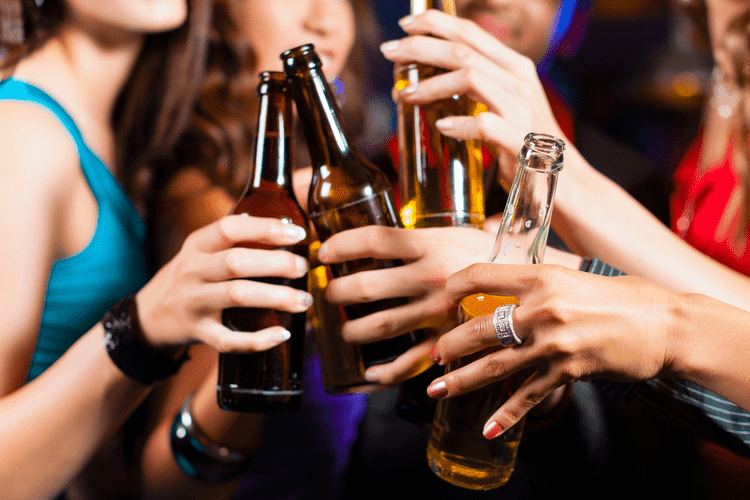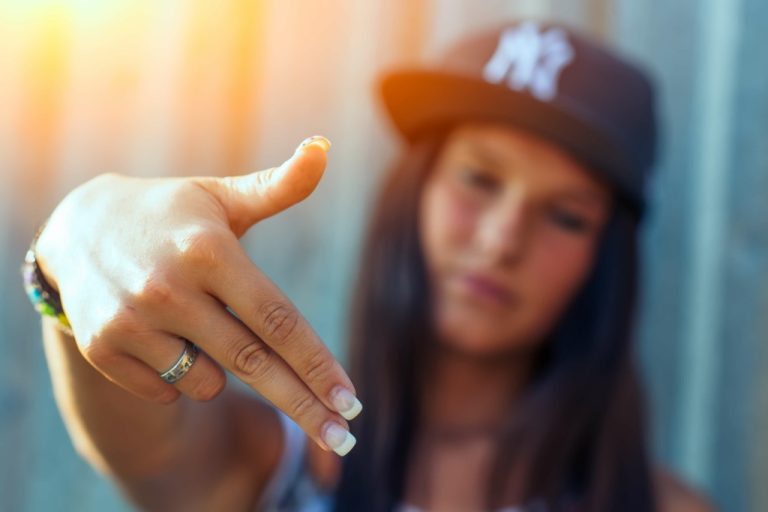How Long to Get Back into Ketosis after Drinking Alcohol?
Once your body metabolizes Drug rehabilitation the alcohol and acetaldehyde that cause the redness, your skin should return to its normal color. Alcohol flush is a temporary reaction that usually disappears within a few hours after you stop drinking. Alcohol’s diuretic effect sets in even after just one drink and escalates as you keep the booze coming.
Tips To Help You Avoid Dehydration When Drinking Alcohol
To mitigate the risk of dehydration while consuming alcohol, it is essential to pace yourself, alternate alcoholic beverages with water, and ensure you are adequately hydrated before drinking. The amount of alcohol required to cause dehydration can vary depending on factors such as body weight, metabolism, and the amount of water you consume alongside alcohol. However, consuming several alcoholic beverages can increase the likelihood of dehydration. If you have a routine, drinking a chilled can of beer after exercise or love to drink on a hot sunny day, or while visiting casino en ligne venues, it’s high time you change your habit. Drinking beer on an empty stomach gives its alcoholic contents a quick entry into your bloodstream as compared to drinking while having lunch or dinner. When you’re eating and drinking side-by-side, it takes time for your body to break down each content.
- So, what can you do to make sure you don’t get that infamous hangover headache caused by dehydration?
- After a night of drinking, you may have gaps in memory, in which you recall some details from a situation or event but forget others.
- That is, it produces more urine, so your body loses more fluid than it gains.
- However, research is mixed on the hydrating effects of certain beverages.
- As you can see, wine can dehydrate you if you drink it on an empty stomach or if you drink multiple glasses in a row without drinking water to accompany them.
Personal Influences
- Before your night out, make sure you have a good meal with plenty of carbs, such as rice, pasta, or potato.
- No confounding factors were taking into account in the randomization because all participants received all beverages.
- Yes, drinking alcohol affects your metabolism and can potentially kick you out of ketosis.
- The frequency and intensity of alcohol-induced skin redness are different for each person.
- During exercise, the body loses water and electrolytes through sweat as a means of regulating temperature.
Coffee, tea, and soda contain caffeine, a central nervous system stimulant that acts as a natural diuretic to increase urine production (1). Alcoholics suffer from a plethora of alcohol’s damaging effects—including dehydration. If you or a loved one are struggling with alcohol abuse, we can help you start your recovery in a judgment-free environment. At Ardu, you can start your treatment with medically reviewed detox practices before moving on to group therapy or individual therapy sessions for alcohol addiction. Our experienced team will walk beside you through detox and rehab, and help you achieve lasting recovery.

In another study in 20 older adults, drinking just 2 servings of wine increased short-term urine output. However, the effects of certain types of alcohol may differ, as drinking 2 servings of beer did not have a significant effect (11, 12). The kidneys are responsible for filtering waste products and maintaining fluid balance. When booze is involved, they work overtime to process the excess fluids from ethanol. The more you drink, the more substantial burden you place on your kidneys. Overwhelmed by the excessive amount of alcohol, your kidneys become less efficient at reabsorbing water—hence a more significant loss of fluids through urination.
TIPS TO STAY HYDRATED WHILE DRINKING
There is no way to speed up the brain’s recovery from alcohol use—drinking coffee, taking a shower, or having an alcoholic beverage the next morning will not cure a hangover. The duration alcohol stays in your system depends on several factors, including the amount consumed, your metabolism, body mass, age, hydration level, and the health of your liver. On average, the liver can process one standard drink per hour. However, alcohol may be detected in the blood, urine, and breath for longer periods, depending on the type of test used. To mitigate the dehydrating effects of alcohol, it’s essential to take proactive steps before, during, and after drinking.
However, excessive consumption of alcohol, typically beyond two standard drinks, significantly increases the likelihood of dehydration. There’s less air pressure, so alcohol enters your bloodstream even more rapidly. If you’re drinking at altitude, you why does alcohol dehydrate you should probably start out with less alcohol than usual. Remember to listen to your body, prep with hydration minerals (aka electrolytes), and never drink on an empty stomach. Learning to listen to your body, recognizing the signs of dehydration, and drinking plenty of water during the day can also ensure you’re meeting your fluid needs. In particular, it’s best to enjoy caffeinated energy drinks and alcohol in moderation and consume them alongside water to stay properly hydrated.
- These might lead to dehydration more quickly, according to a 2010 study 8 9.
- These medicines may not work well together with other medicines you take.
- Because glucose is the primary energy source of the brain, hypoglycemia can contribute to hangover symptoms such as fatigue, weakness, and mood disturbances.
- Little is known about the physiology underlying the hangover condition.
- In turn, reduced levels of antidiuretic hormone prevent the kidneys from reabsorbing (i.e., conserving) water and thereby increase urine production.
We’ve had a night out, and the next morning we wake up and aren’t feeling well. No matter the cause of our dehydration, it’s important for us to replenish our fluids as soon as possible. Being dehydrated can lead to some serious consequences, which we’ll investigate further. Let’s delve deeper into the science behind dehydration, how alcohol dehydrates us, and ways we can treat and avoid excessive dehydration from alcohol. Alcohol can also have an effect on the gastrointestinal tract. Alcohol can irritate the lining of the stomach and intestines, leading to an increased risk of dehydration.
This may https://icelandiclodges.com/relapse-prevention-plans-writing-using-and-free/ imply that the acute effect of alcohol on the cumulative urine output is directly dependent on the alcohol concentration and not on the net alcohol content. Using practical methods, like staying hydrated before drinking alcohol and ensuring amount of water consumption alongside replenishing electrolytes can help prevent the negative impacts of dehydration effectively. Hangovers are a frequent, though unpleasant, experience among people who drink to intoxication.

First of all, the diet-controlled crossover design minimizes the influence of confounding variates. Secondly, by testing moderate amounts of alcohol in a normal-life situation, the results can easily be translated to the real-life situation. In addition, the study included a 24 h urine measurement which provides more insight into the duration of the effect, and thus the impact in daily life.
Health News
While the redness is typically temporary, it’s a sign that your body is responding to the alcohol and its byproducts. In people with a genetic predisposition, typically East Asians with the “Asian flush” gene, the body may struggle to break down acetaldehyde, a toxic byproduct of alcohol. As acetaldehyde accumulates, it triggers skin redness and other symptoms. While it may induce relaxation and make you forget about your problems for a day, alcohol—especially in excessive amounts—can be severely detrimental to your health.
